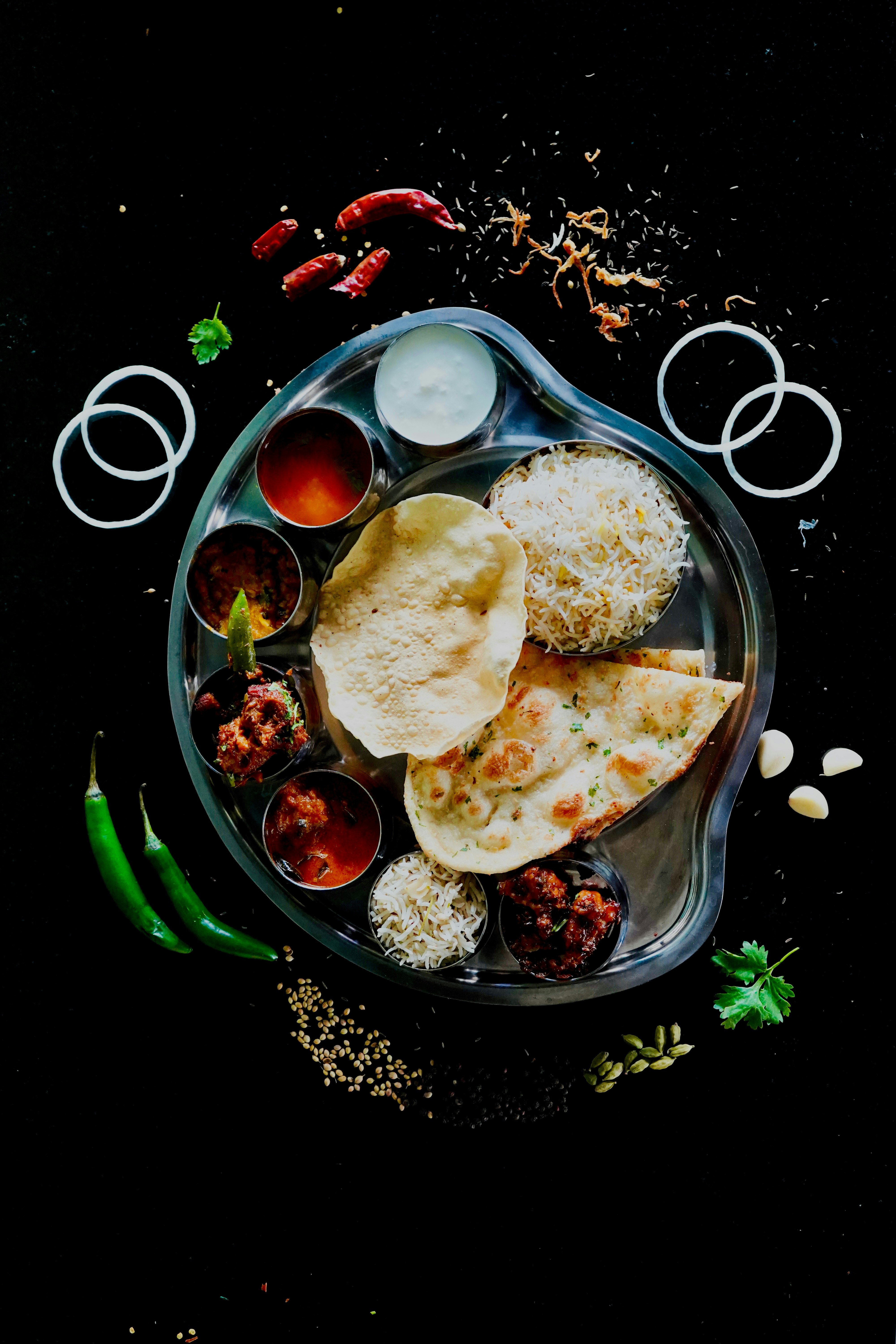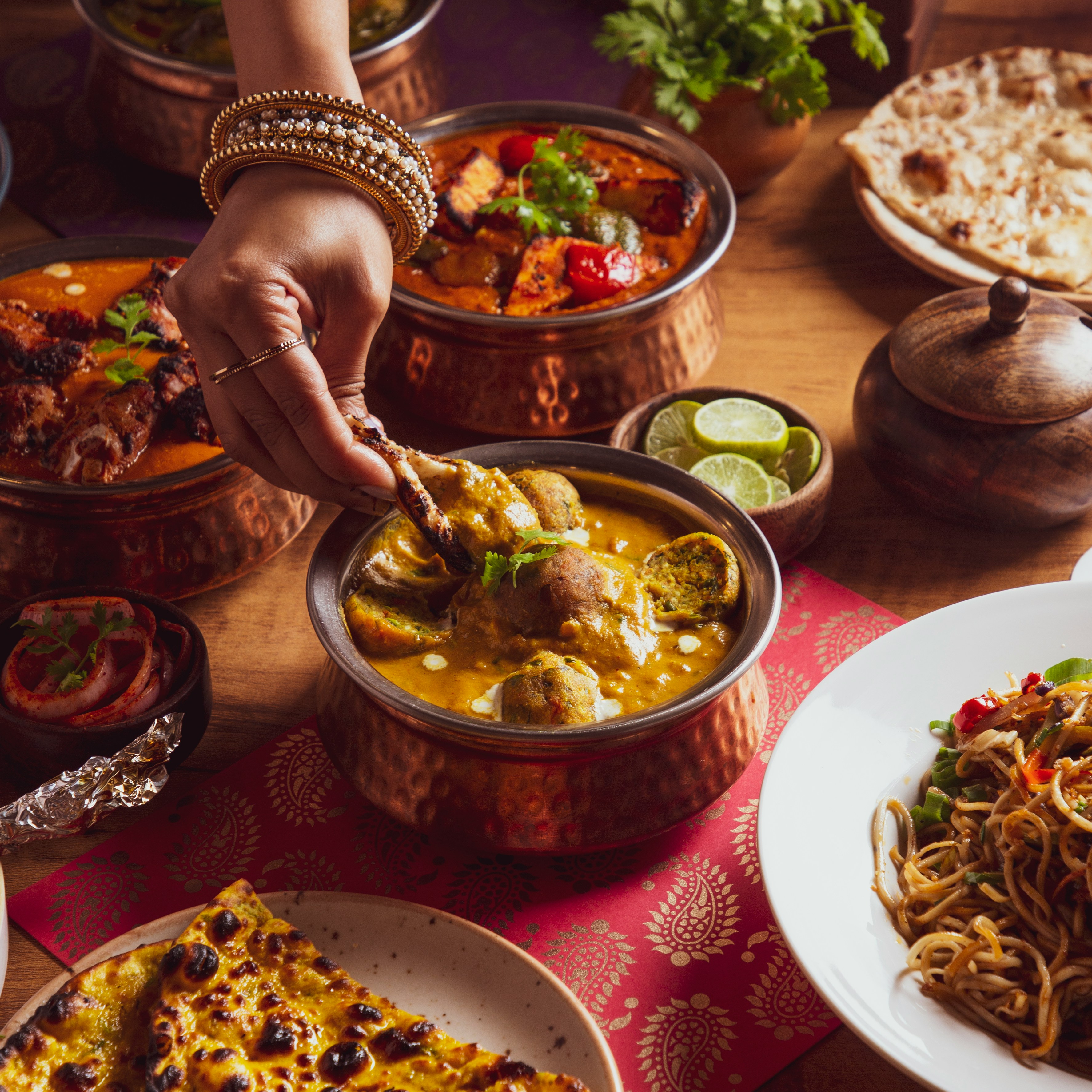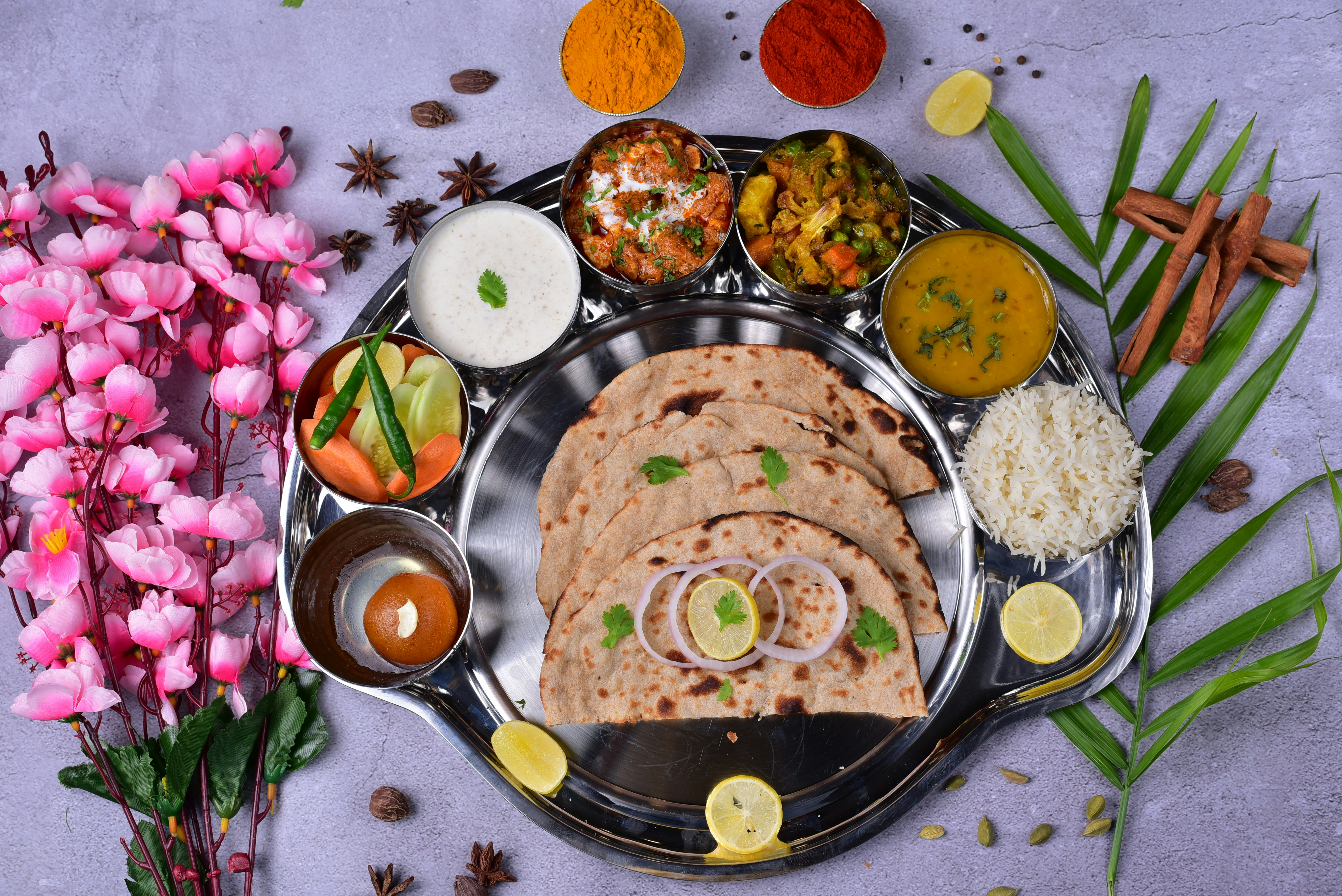
How to Order at an Indian Restaurant: A Beginner's Guide
Walking into an Indian restaurant for the first time can be both exciting and intimidating. With unfamiliar menu terms, numerous spices, and varying heat levels, you might wonder where to begin. This comprehensive guide will walk you through the entire process—from pre-visit research to paying the bill—ensuring your first Indian dining experience is enjoyable, delicious, and stress-free.
Before You Go: Pre-Visit Research
A little preparation can greatly enhance your first Indian restaurant experience:
Choosing the Right Restaurant
Not all Indian restaurants are created equal. Here’s how to find a good one:
- Read reviews on platforms like ZaikaFind, Yelp, or Google Maps, looking for comments about authenticity and food quality
- Check the restaurant’s website for their specialties and regional focus (North Indian, South Indian, or specific regional cuisines)
- Ask friends who are familiar with Indian food for recommendations
- Look for restaurants with a diverse clientele, including people of Indian descent—often a good sign of authenticity
Understanding Restaurant Types
Indian restaurants come in several varieties, each offering different experiences:
- Fine dining establishments offer a more upscale experience with attentive service and refined presentations
- Casual restaurants provide a relaxed atmosphere and are great for first-timers
- Buffets allow you to sample many dishes in small portions—ideal for beginners
- Thali restaurants serve complete meals on a single platter with multiple small dishes
- Regional specialists focus on cuisine from specific areas of India (South Indian dosa specialists, Punjabi restaurants, etc.)
Building a Balanced First-Time Order
A well-rounded Indian meal includes several components that complement each other:
Understanding Indian Meal Structure
Traditional Indian meals are structured differently from Western meals:
- Dishes are typically served all at once rather than in courses
- Food is meant to be shared family-style rather than each person having their own plate
- A balanced meal includes contrasting flavors, textures, and temperatures
- Each bite can be different as you mix and match components
Pro Tip: Spice Level Communication
Be honest about your spice tolerance when ordering. There’s no shame in preferring milder dishes! Use a numerical scale if helpful (“On a scale of 1-10, I’m about a 3 for spiciness”) and remember that “medium” spice in an Indian restaurant might be spicier than you expect.
Essential Components of a Complete Meal
For a well-rounded first experience, consider including:
1. Staples (Choose at least one)
- Bread: Naan, roti, or paratha for North Indian meals

- Rice: Plain basmati rice or pulao (spiced rice)
- For South Indian meals: Dosa, idli, or uttapam
2. Main Dishes (Choose 2-3 for a group of 2-4 people)
- At least one protein dish (meat, seafood, paneer, or legume-based)
- At least one vegetable dish
- Consider including both dry and saucy dishes for contrast
3. Accompaniments
- Raita: Yogurt-based side dish that cools the palate
- Chutneys and pickles: Add bursts of flavor
- Papadum: Crispy lentil wafers
4. Beverages
- Lassi: Yogurt-based drink (sweet or salty)
- Masala Chai: Spiced tea with milk
- Beer: Light lagers pair well with spicy food
Recommended First-Time Orders
Here are some balanced meal suggestions for beginners:
North Indian Beginner’s Meal (for 2 people)
- 1-2 pieces of Plain Naan
- Small portion of Basmati Rice
- Butter Chicken or Chicken Tikka Masala (mild, creamy tomato-based curry)
- Dal Makhani (creamy black lentil dish)
- Cucumber Raita (cooling yogurt side dish)
- Mango Lassi (sweet yogurt drink)
Vegetarian North Indian Meal (for 2 people)
- 1-2 pieces of Garlic Naan
- Small portion of Jeera (Cumin) Rice
- Paneer Tikka Masala (cheese cubes in tomato-based sauce)
- Chana Masala (spiced chickpea curry)
- Cucumber Raita
- Sweet Lassi
South Indian Beginner’s Meal (for 2 people)
- Plain Dosa or Masala Dosa (crispy rice and lentil crepe)
- Idli (steamed rice cakes)
- Sambar (lentil and vegetable soup)
- Coconut Chutney
- Filter Coffee
Final Tip: Ask Questions!
Don’t hesitate to ask your server for recommendations or explanations. Most restaurant staff are happy to guide newcomers through their menu and can suggest dishes based on your preferences.
With these guidelines in mind, you’re well-prepared to enjoy your first Indian dining experience. Remember that exploring a new cuisine is an adventure—embrace the unfamiliar flavors and textures, and don’t be afraid to step out of your comfort zone. Each visit will build your knowledge and appreciation for this rich culinary tradition.
Related Articles

Decoding the Indian Restaurant Menu: Terms and Dishes Explained
Confused by unfamiliar terms on Indian menus? This comprehensive guide explains common dishes, cooki...

North vs. South: Understanding the Two Major Indian Cuisine Styles
Explore the distinct differences between North and South Indian cuisines, from ingredients and cooki...